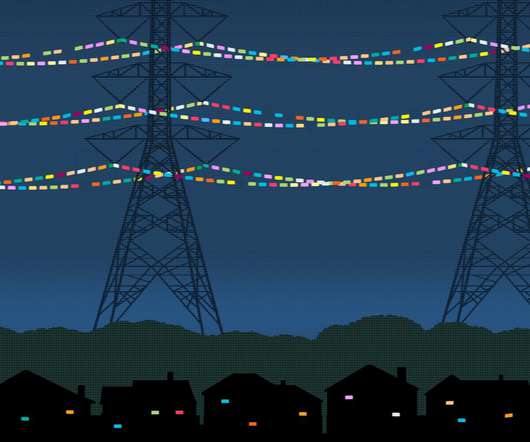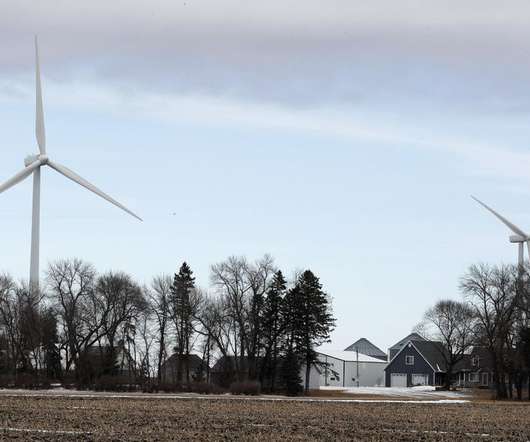EIA: US energy-related CO2 emissions in 2012 lowest since 1994; reflects drop in coal use
Green Car Congress
APRIL 5, 2013
The largest drop in emissions in 2012 came from coal, which is used almost exclusively for electricity generation. During 2012, particularly in the spring and early summer, low natural gas prices led to competition between natural gas- and coal-fired electric power generators. Duke study.








































Let's personalize your content